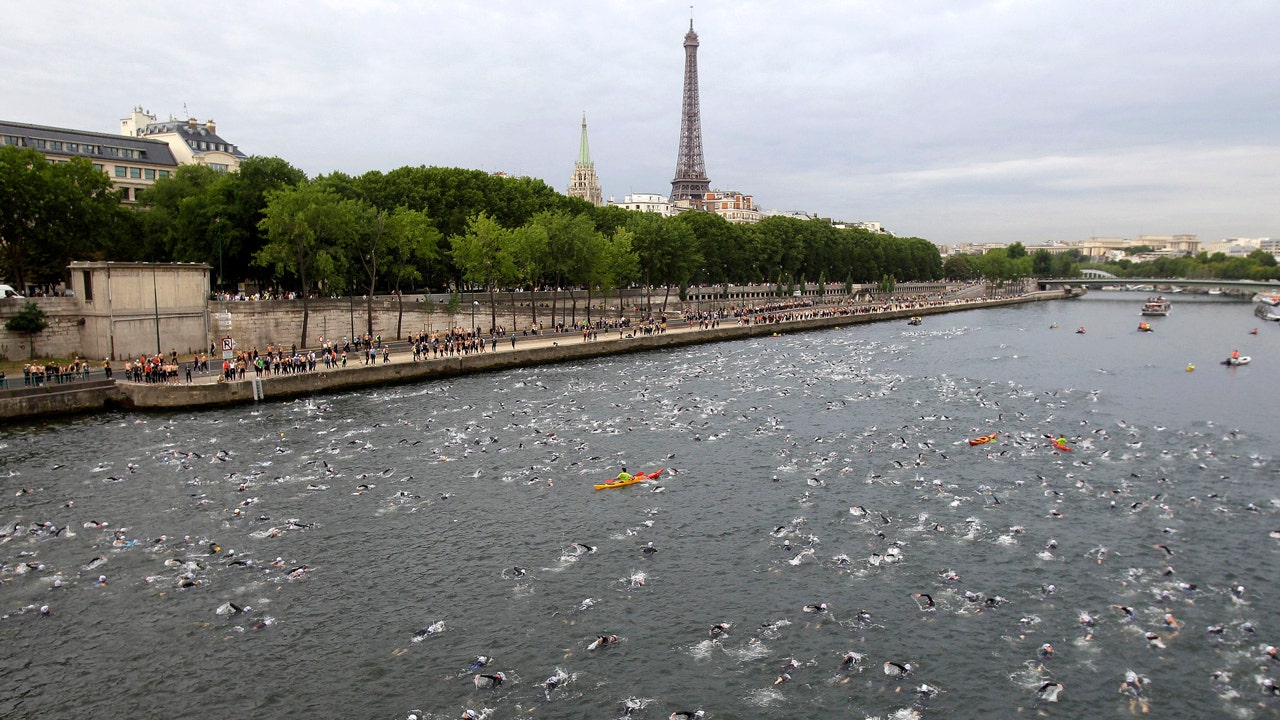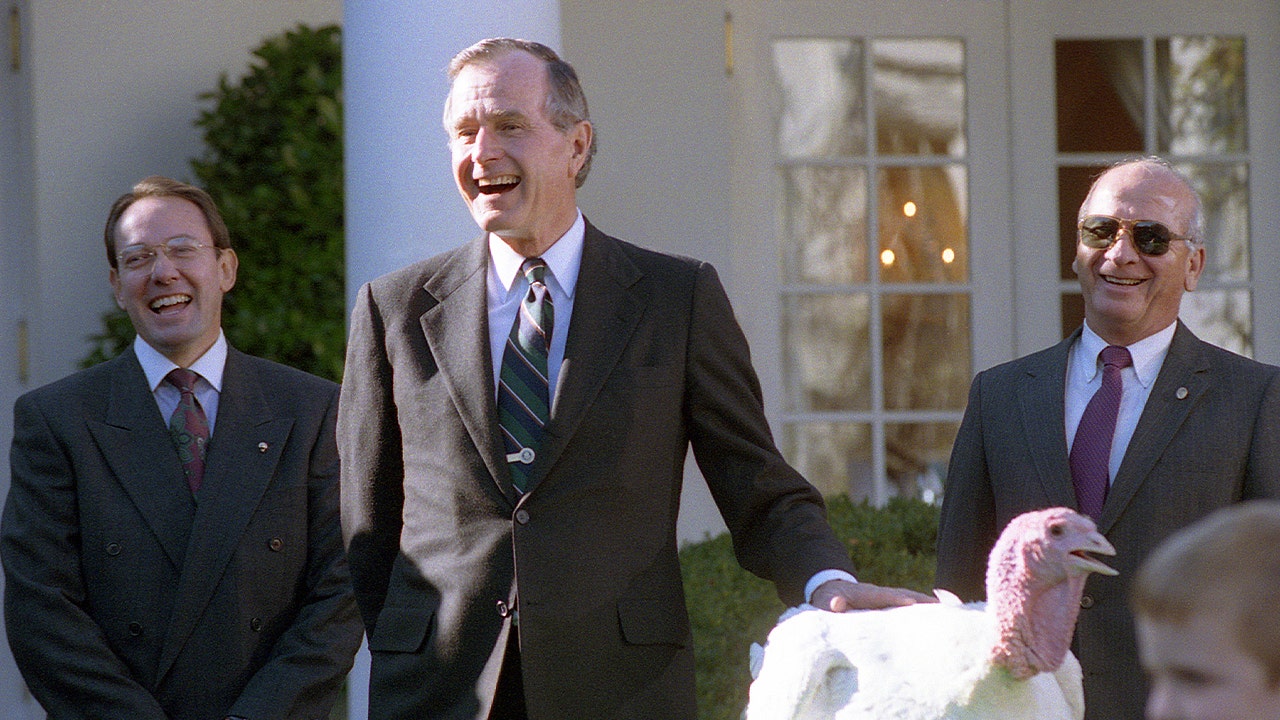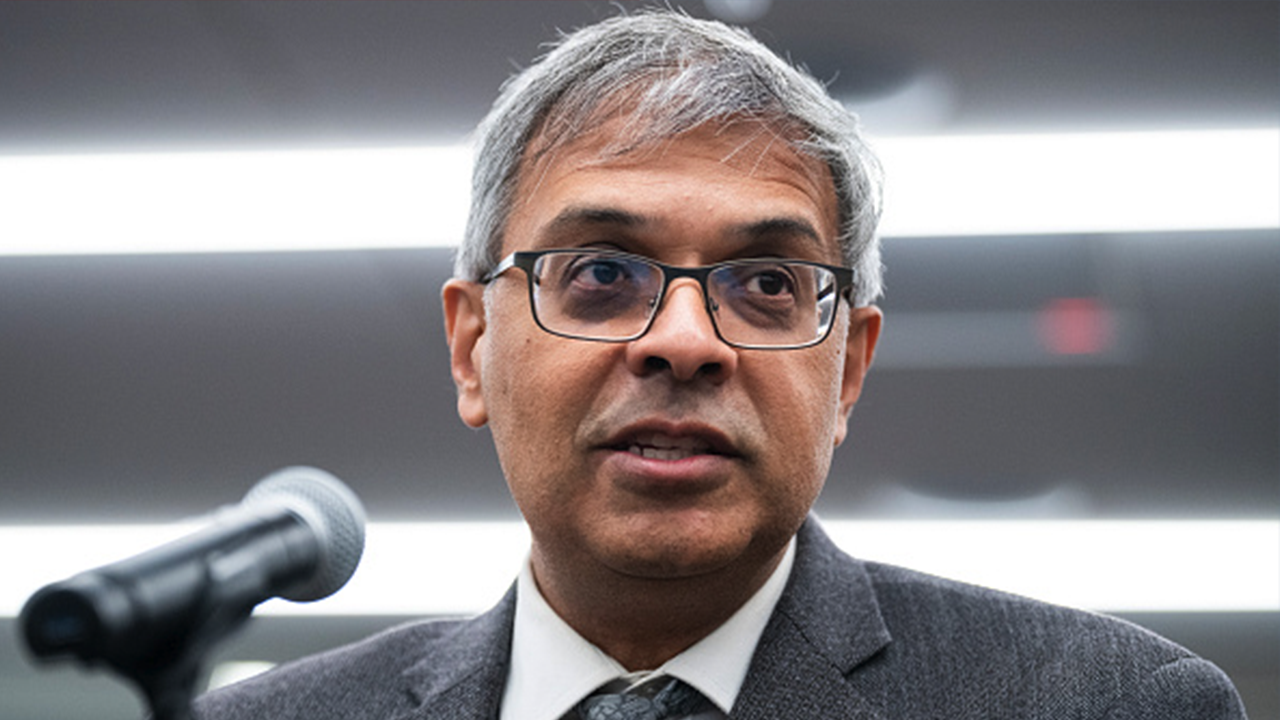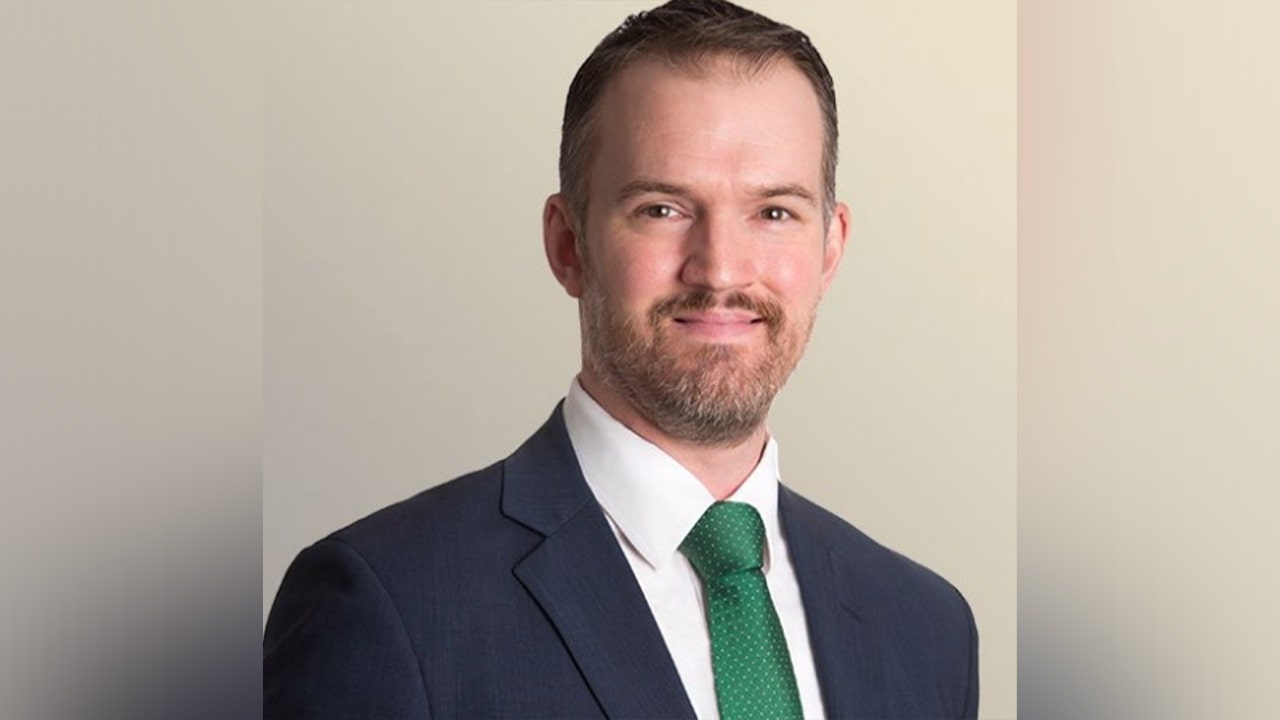Paris mayor Anne Hidalgo said she was confident water quality in the River Seine will be up to Olympic standards this summer — and that she’ll be able to prove it by swimming there, possibly alongside President Emmanuel Macron.
The Seine is the venue for marathon swimming at the Games and the swimming leg of the Olympic and Paralympic triathlons.
AHEAD OF OLYMPIC GAMES, PARIS GRAPPLES WITH SECURITY, TRANSPORTATION PREPARATIONS
Asked Tuesday about whether she’ll meet her promise to swim in the Seine before the Games, Hidalgo said “for sure, because water quality will be good.”
For decades, the Seine was too toxic for most fish and for swimmers, useful mainly as a waterway to transport goods and people or as a watery grave for discarded bicycles and other trash. Swimming in the Seine has, with some exceptions, been illegal since 1923.
Hidalgo mentioned new facilities that have been specially built to clean up the river, whose water quality was recently denounced by an environmental group.
A water treatment plant in Champigny-sur-Marne, east of Paris, was inaugurated Tuesday.
Competitors swim in the Seine River during the Paris Triathlon competition in Paris on Sunday, July 10, 2011. Paris mayor Anne Hidalgo said on Tuesday, April 23, 2024, she was confident water quality will be up to Olympic standards this summer. (AP Photo/Lionel Cironneau)
Next week will see the official opening of a huge storage basin meant to reduce the need to spill bacteria-laden wastewater into the Seine untreated when it rains. The giant hole dug next to Paris’ Austerlitz train station will hold the equivalent of 20 Olympic swimming pools of dirty water that will now be treated rather than being spat raw through storm drains into the river.
Hildago said she had invited top officials to swim in the Seine at an event dubbed “the big dive” to be staged at the end of June or beginning of July. Macron, who himself promised to swim in the river, has been invited, she confirmed, as well as Paris Olympics organizers and IOC president Thomas Bach.
“We’re going to dive into the Seine, and many volunteers have already come forward to come and dive with me and all the athletes who will be there,” Hidalgo said. “We’ll all be safe to swim in the Seine.”
Marc Guillaume, the Paris regional prefect, earlier this month dismissed a recent NGO report about poor water quality, saying it was based on testing during the winter, when no one was swimming in the Seine.
Water quality must be good enough for swimming during the Games and, from 2025, in the summer, because the city plans to open some areas to the public. However, swimming out of season will remain illegal.
The estimated cost of the Seine cleanup efforts amount to $1.5 billion, paid by the state and local authorities.
Guillaume said routine water testing will start on June 1 when all the new treatment facilities are operational. During the Olympics, water will be tested at 3 a.m. each day and determine whether to hold events as planned, he detailed.
Olympics organizers said if pollution levels were too high, events could be rescheduled and in the worst-case scenario, the swimming section of the triathlon would be canceled.
In a recent report, the Surfrider Foundation called the Seine “a particularly polluted spot” after it monitored bacteria levels for over six months. The group concluded that athletes “will be swimming in polluted water and taking significant risks to their health.”
The Paris mayor’s news conference on Tuesday was meant to unveil cultural and sports celebrations to be staged on 26 sites across Paris during the summer.
“We are working together to ensure that the party is beautiful,” Hidalgo said, adding that security is the authorities’ top concern.
CLICK HERE TO GET THE FOX NEWS APP
Around 30,000 police officers are expected to be deployed each day during the Games, with 45,000 working during the opening ceremony on the Seine.
“We work … with a lot of professionalism and determination so that never, ever the issue of security finally comes to prevent our freedom to be able to live together,” Hidalgo said.





